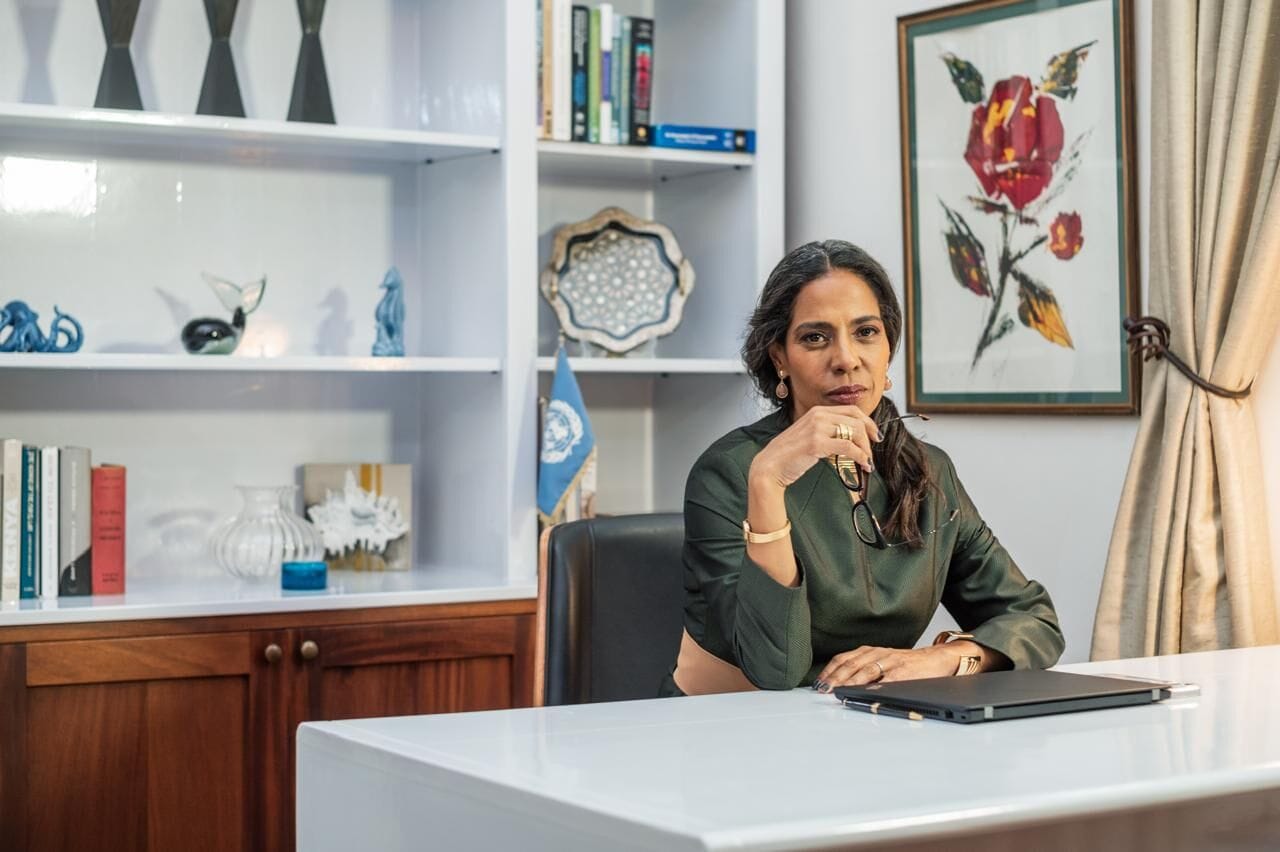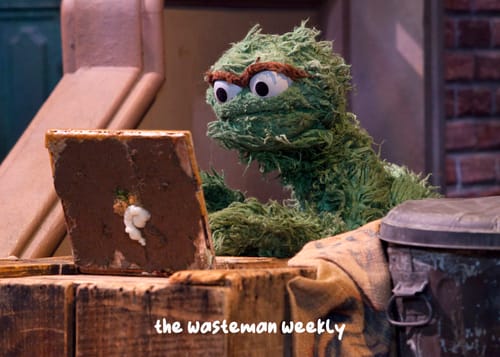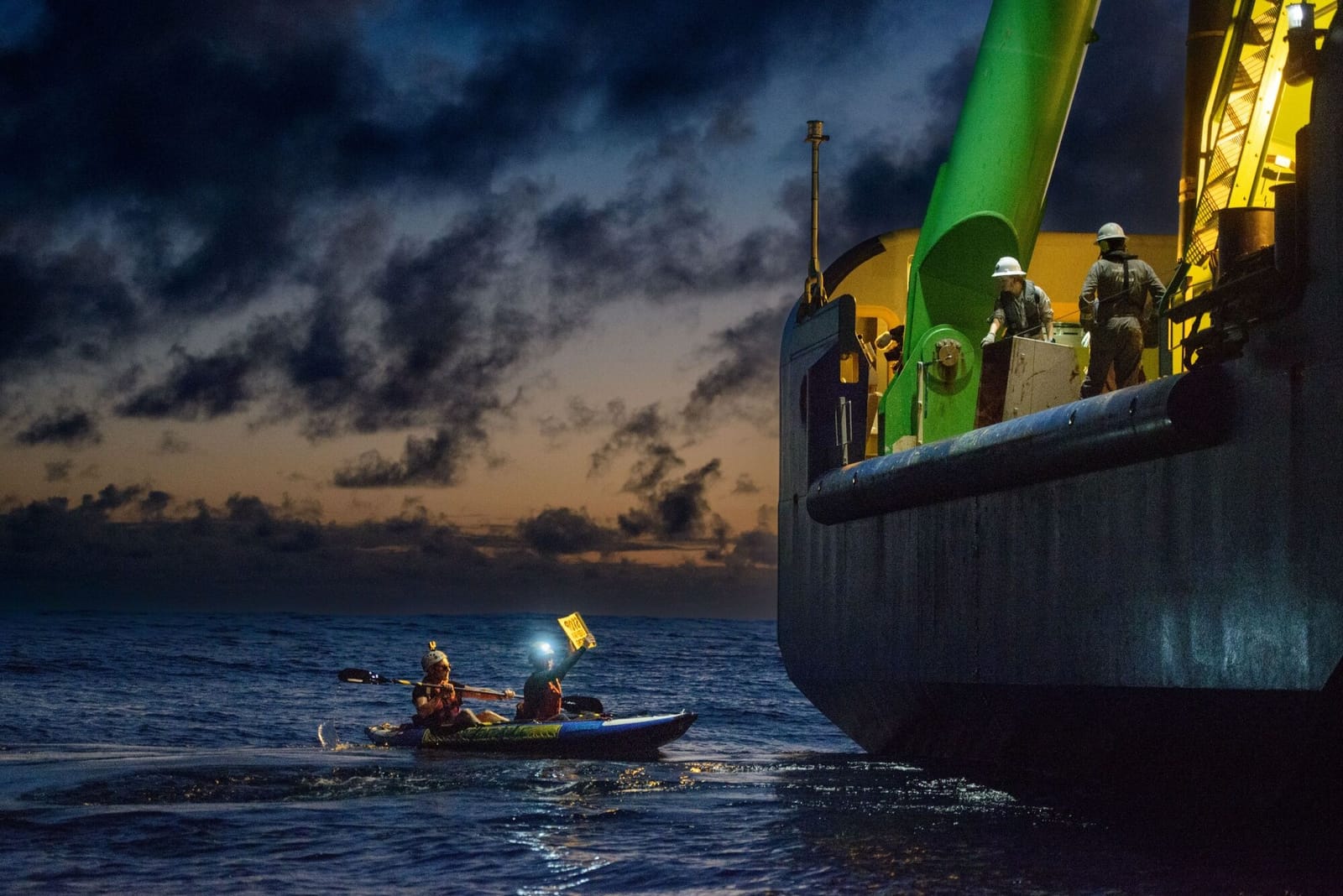As the world's eyes are fixed on the US Presidential Race, another election is taking shape behind the scenes - one with monumental influence that can greatly shape our future. We're diving into the deep sea to understand why this largely overlooked vote matters more than we might think.
The deep sea, a mysterious and largely unexplored frontier, holds untold treasures that are of immense political and financial interest. Rich in minerals crucial for electric vehicle batteries, this underwater realm has become the next big target for resource extraction. However, the potential environmental costs are staggering, with mining activities threatening to disrupt fragile ecosystems and biodiversity hotspots that we are only beginning to understand.
Brazilian oceanographer Leticia Carvalho has been elected the next secretary-general of the International Seabed Authority (ISA). She will now become the first woman and the first scientist to helm the United Nations-affiliated organization responsible for the fate of 54% of the world’s seabed. Her leadership will likely slow the rush to strip-mine deep sea ecosystems for their resources, ending the two-term direction set by Michael Lodge, the 64-year old former leader and British attorney. Lodge aggressively pushed for the completion of regulations that would allow a potentially multibillion-dollar industry to begin and drew scrutiny for his closeness to the mining companies the Authority regulates.

Last year, the ISA determined that by July 2025 they would adopt rules for governing contracts they issued for private and state-backed companies to prospect for precious metals like cobalt and nickel over 1.3 million square kilometers of the seabed. However, Carvalho has stated that more time is needed to ensure that biodiverse and little-known deep sea ecosystems are protected from mining's harmful effects. To further complicate things, recent scientific findings showed that certain portions of the seabed in the Pacific Ocean actually produce oxygen and would be at risk of severe damage from mining operations if allowed.
This election may not have made headlines, but its implications for our oceans and the environment are profound. Unsurprisingly, behemoth mining companies are pushing forward and continuing to lobby around looser regulations so they can cash in on our environment, a responsibility new leadership will have to manage accordingly. But this topic serves as a case study balancing technological advancement with ecological preservation.
At what point are the dollars we make from harming our environment worth the cost of fixing it later down the line?








